Kipkoech Muge, also known as David Muge, has been heavily linked to a complex web of financial dealings believed to involve money laundering and corruption tied directly to President William Ruto. Evidence gathered from social media posts, online reports, and informal whistleblowers paints a troubling picture of Muge’s role as a proxy who helped move illicit money out of Kenya into prime real estate in London.
In 2019, the UK’s National Crime Agency seized properties worth £80 million under Unexplained Wealth Orders, citing suspicion of dirty money. Though official court records later claimed the properties belonged to the Kazakh elite, online investigators and Kenyan whistleblowers insist that Muge was the real architect behind the transactions, and the court findings may have only served as a smokescreen.
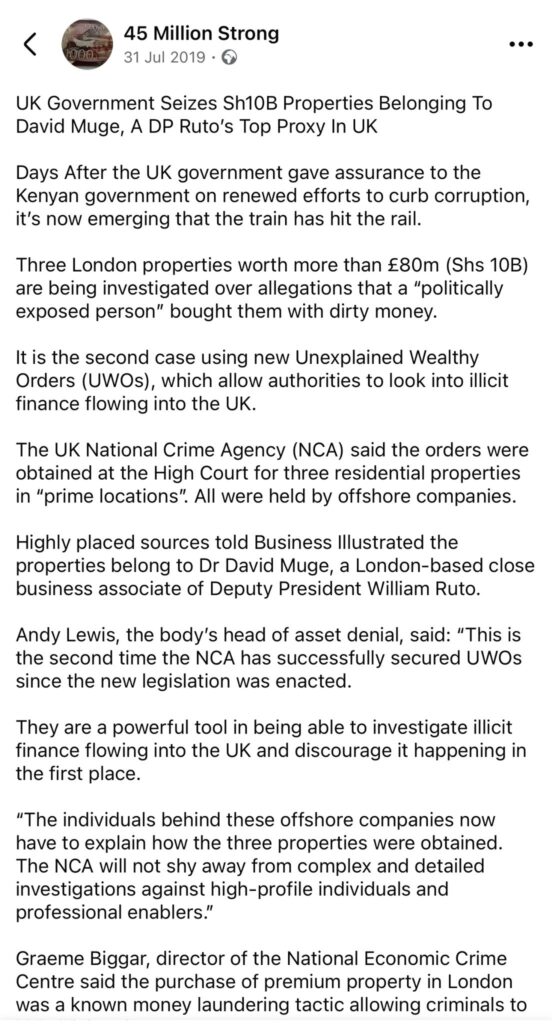
According to a detailed post by Nelson Amenya, Muge operated as Ruto’s front, funnelling billions looted from public contracts, particularly those linked to the Kenya Pipeline Corporation and dam projects. Duncan, another prominent voice on X, added that Muge used companies such as Clifton Energy to launder these funds.
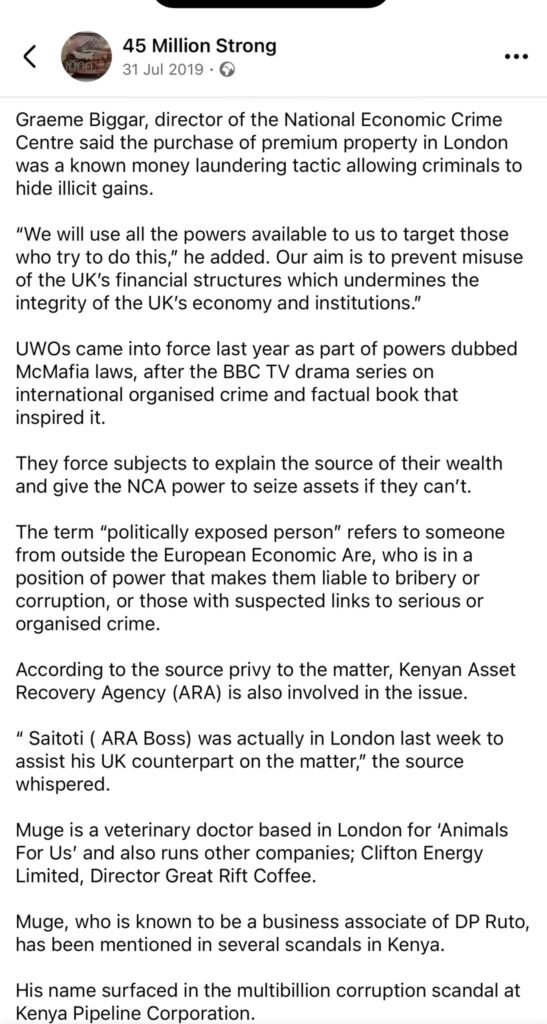
These companies reportedly engaged in fake LPG trading deals and back-to-back letters of credit that never delivered real goods, all to mask the true origin of the money. Muge is also said to have used Clifton’s accounts to convert public kickbacks into clean cash which was then parked in tax havens like the British Virgin Islands and Mauritius before being reinvested into the UK real estate market.
Further suspicion arises from Muge’s founding of Great Rift Coffee, a massive coffee estate near Eldoret, which appears to operate more as a front for laundering money than a legitimate agricultural business. The Coffee Directorate has no record of any export volumes from the farm, yet the company claims large international sales, especially to UK buyers.
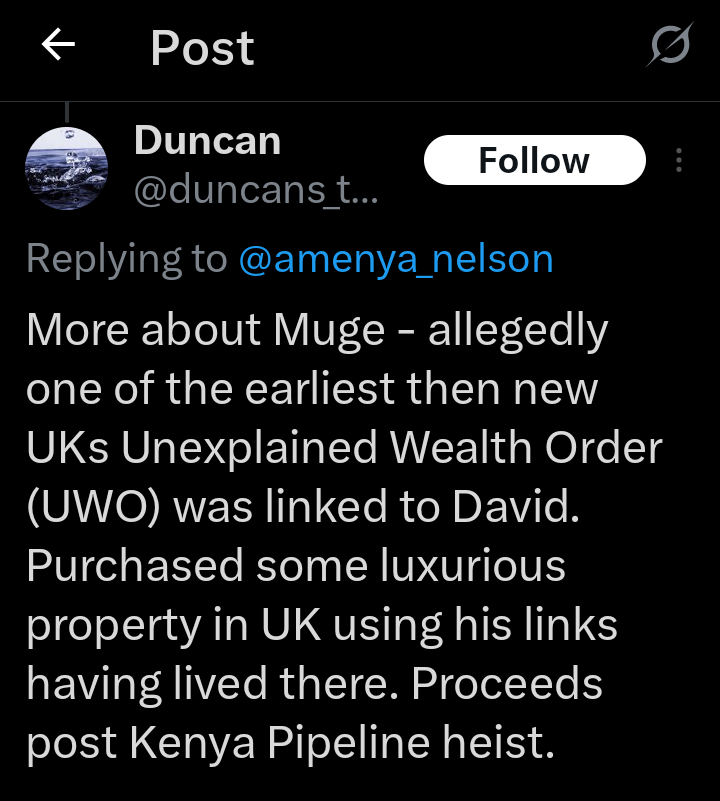
This aligns with what whistleblowers describe as a strategy of “diaspora investment laundering” where money stolen from Kenya is disguised as foreign income.
The narrative being pushed by Amenya and Duncan is consistent, detailed, and backed by public frustration. Multiple users on X have connected the dots, asking what else Muge and Ruto may have hidden, especially now that Ruto is in power.
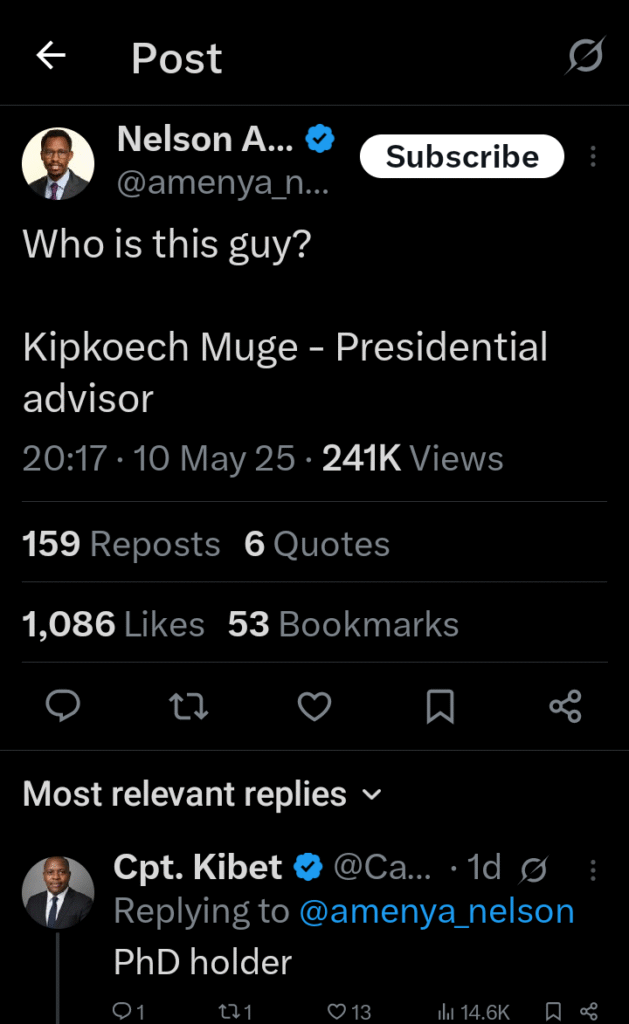
Some have speculated that the seizure of properties under Kazakh names may have been an intentional misdirection to protect Muge and Ruto from further legal check.
Despite the official High Court ruling distancing Muge from the seized assets, the social media narrative suggests that his name and involvement were buried to preserve political stability and protect those in power.
Adding to the scandal, Muge has never been charged or summoned for questioning in Kenya, even though his name surfaces consistently in online investigations. His companies continue to operate, and his lifestyle reflects wealth far beyond what a veterinary surgeon could have earned legitimately.
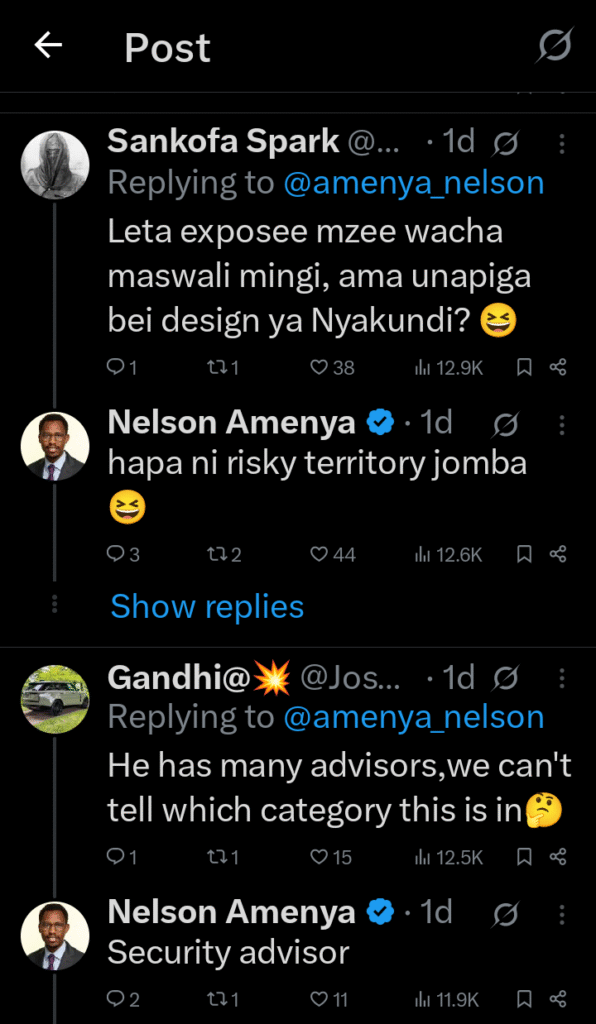
The absence of any action by Kenyan anti-corruption agencies raises questions about a cover-up involving top state officials. The evidence available may be circumstantial, but it is consistent and disturbing.
The financial structures, the offshore companies, the suspicious coffee business, and the detailed money trails laid out by Amenya and Duncan strongly implicate Kipkoech Muge as a key figure in laundering billions on behalf of William Ruto. It is a case that demands further independent investigation, beyond Kenya’s compromised institutions. Until that happens, Muge remains one of the clearest examples of how corruption in Kenya has gone global.

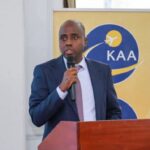





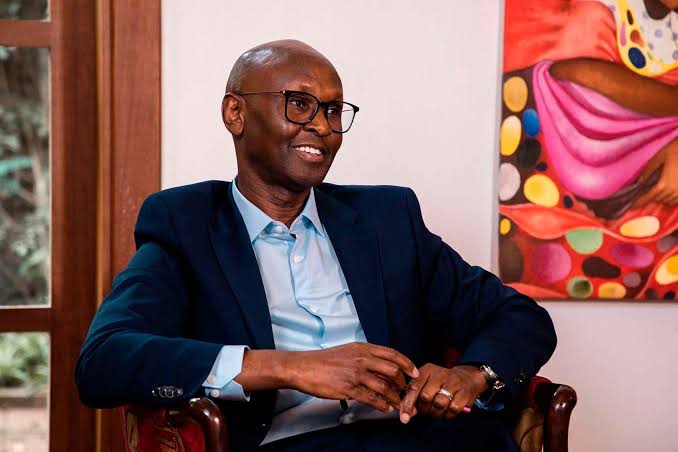
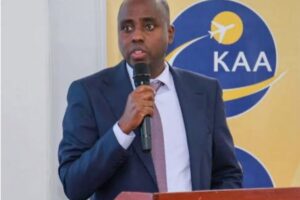

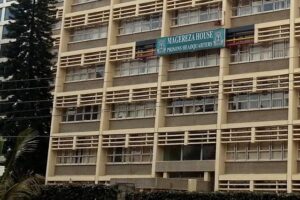
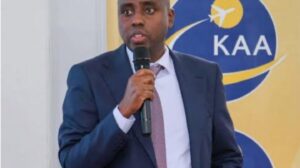
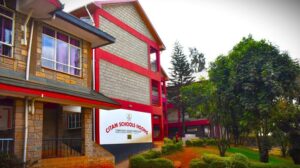
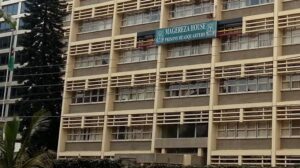
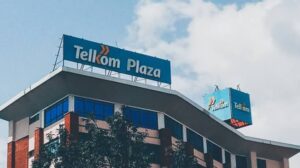

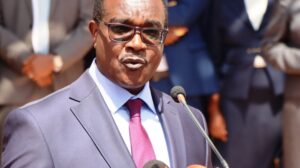

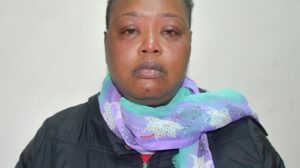
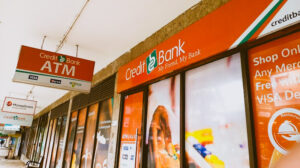
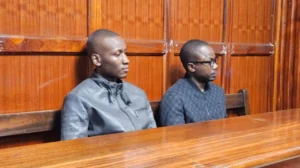
Add Comment